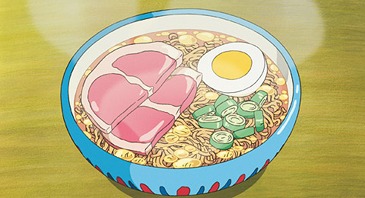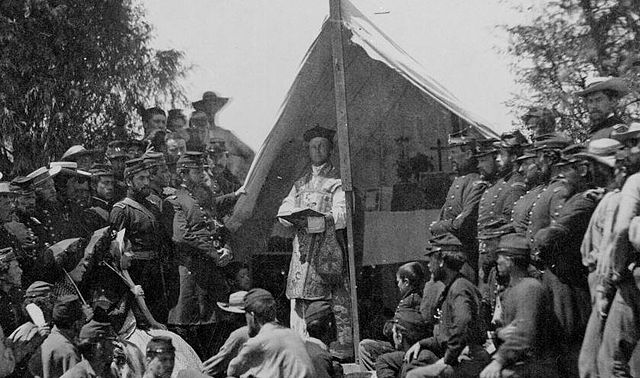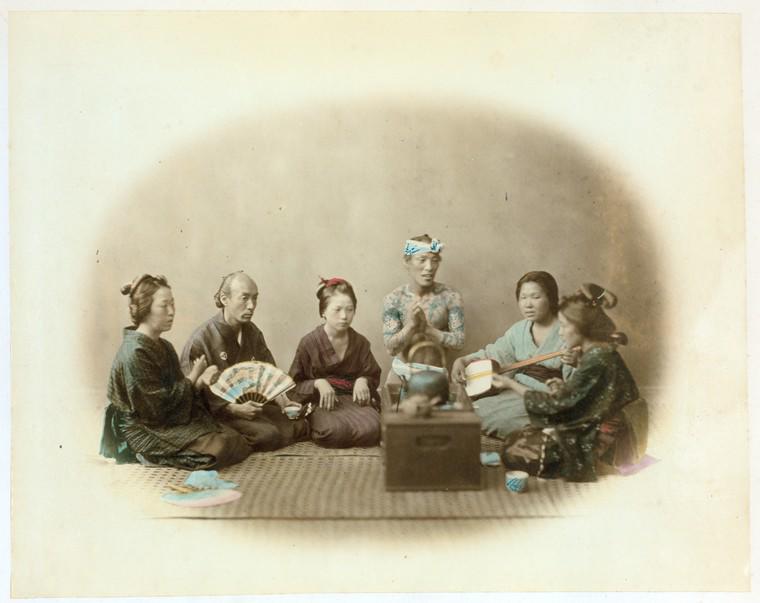
One aspect of Japanology I’ve neglected so far is the role of China. I’ve only touched on it here and there throughout JP’s articles. But if you are serious about studying Japanese culture, you must also study Chinese culture. China has influenced most of the nations and cultures surrounding it. You find elements of Chinese language in Korean and in Japanese. Zen came from China. As did various other Japanese cultural practices and architecture. Of course, Japan made these Chinese practices its own. Japan and China’s relationship reminds me of Rome and Greece. Rome adapted and changed Hellenistic Greek culture. You can’t understand Rome without understanding Greek culture.
Studying Japan without studying China is like studying the US without understanding England and France. Both nations influenced the development of the United States, with England exerting the most influence. I’ve avoided touching on Chinese history because of its vastness. China was ancient when Japan became a nation. In fact, studying China like studying Babylon or Egypt. All three cradled early human civilization.
Many ancient Japanese writers were aware of the influence China had on their culture. But Japan has a history of selectively adopting foreign practices. During the Meiji Restoration, for example, both the Shogunate and the Imperial government selectively studied and adopted Western practices. They studied Prussia and French military tactics, American and British commercial practices, and other countries. During the Heian period, Japanese nobles adopted various Chinese aspects–writing, clothing, poetry, horticulture, and the like–while adding their own spin. Of course, China considered ancient Japan barbarians who were imitating them. Greeks viewed the early Romans in the same way, so that attitude is par for history.
I’ve debated how best to approach the interplay between China and Japan while relating that interplay to what most JP readers care about: manga and anime. Anime and manga came from the connection between Japan and the US. Yet, anime and manga retained elements of Japanese culture that began in China, such as the tea ceremony and folklore.
Separating all of this continues to challenge me. After all, China sits at the root of Japan, just as England sits at the root of the United States. But China’s influence has been less direct than that of England. The US began as an English colony. Japan has always remained its own entity.
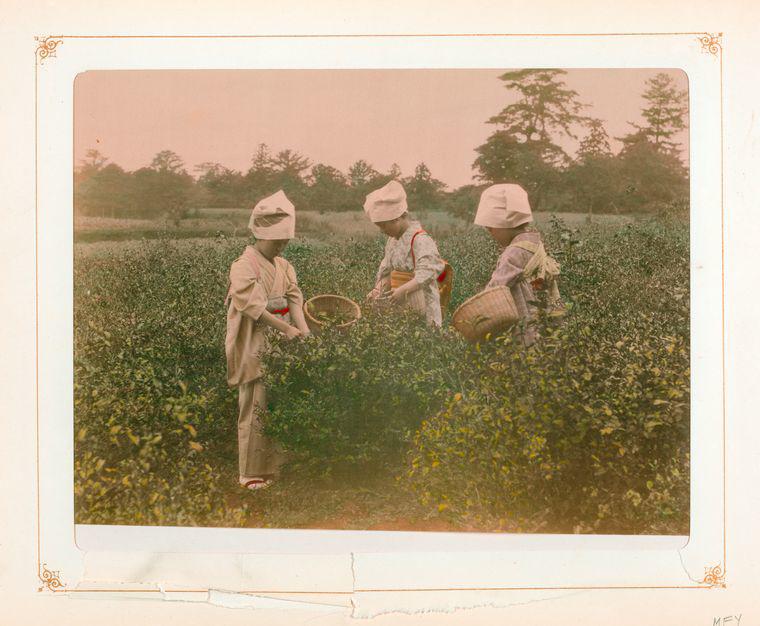
Studying Chinese history to better understand Japanese history runs into problems. China’s influence is limited by how Japan consciously adopted aspects of the culture. Although it is important to understand what these were and why they were adopted, such as the role of Confucian thinking in Japan. we can read too much into China’s influence. Other than early Chinese and Korean migration into Japan–merging with the Jomon peoples already present–and the American Occupation following World War II, Japan has enjoyed relative protection from migration and conquest. This has allowed Japanese culture to evolve similar to how island species evolve into unique specimens. By focusing on China’s influence, I run into the danger of misrepresenting this fact.
I write this post to offer you my thoughts on a hurdle I’ve debated about for some time. Ultimately, I write about Japanese culture so you can better understand manga and anime. And that is what most of you want me to focus upon. But I find my interest in anime waning as the tired high-school stories continue to dominate and as I age out of anime. Reluctantly, I have to admit that most of anime and manga we get in the West aim toward teens and perhaps 20-somethings. Western releases don’t usually expand into the adult (not hentai) stories available in Japan.
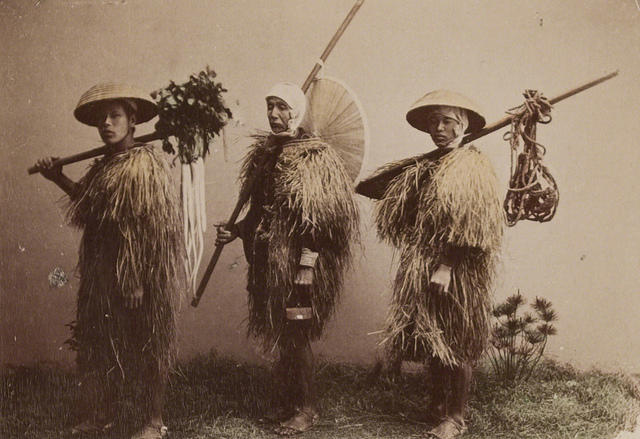
So when it comes down to it: would you like to see me dive into Chinese history and its impact on Japan or focus more on anime and manga or something between? The prospects of digging into Chinese history interest me, but the thought of it also exhausts me. China’s history is vast and complex. I have also barely broken the soil with Japan’s history, but many of the topics have run up against the necessity of understanding China’s influence to better understand Japan’s events. This is particularly true of the earliest periods of Japanese history and the Heian period.
So that is my dilemma. Dig deeper into history and maybe going off on a year-long China tangent, or refocus more on anime media and Japanese pop culture dynamics/psychology. Or maybe mix both? What are your thoughts? What do you want to read more about? I have over a year of articles already written, so there will be a bit of a delay with whichever path we go down. I wanted to offer you some say on the matter. Because, after all, I depend on your interest and reading. Blogging into a void discourages writers.


